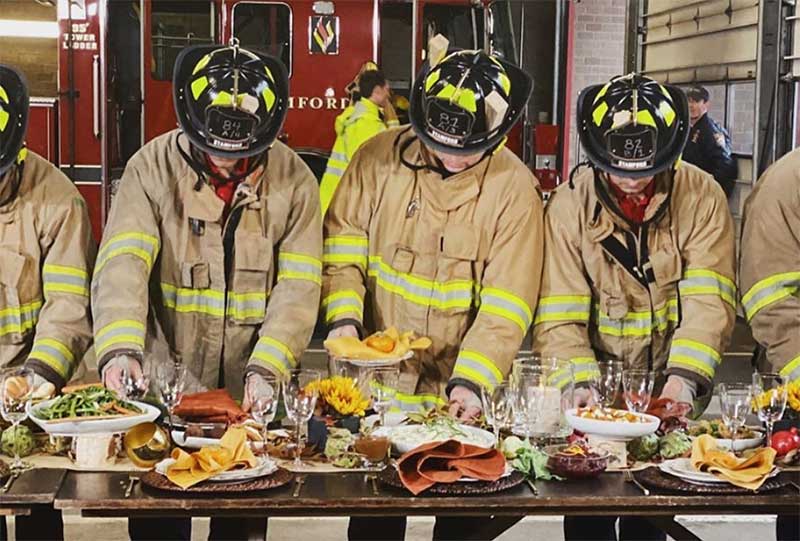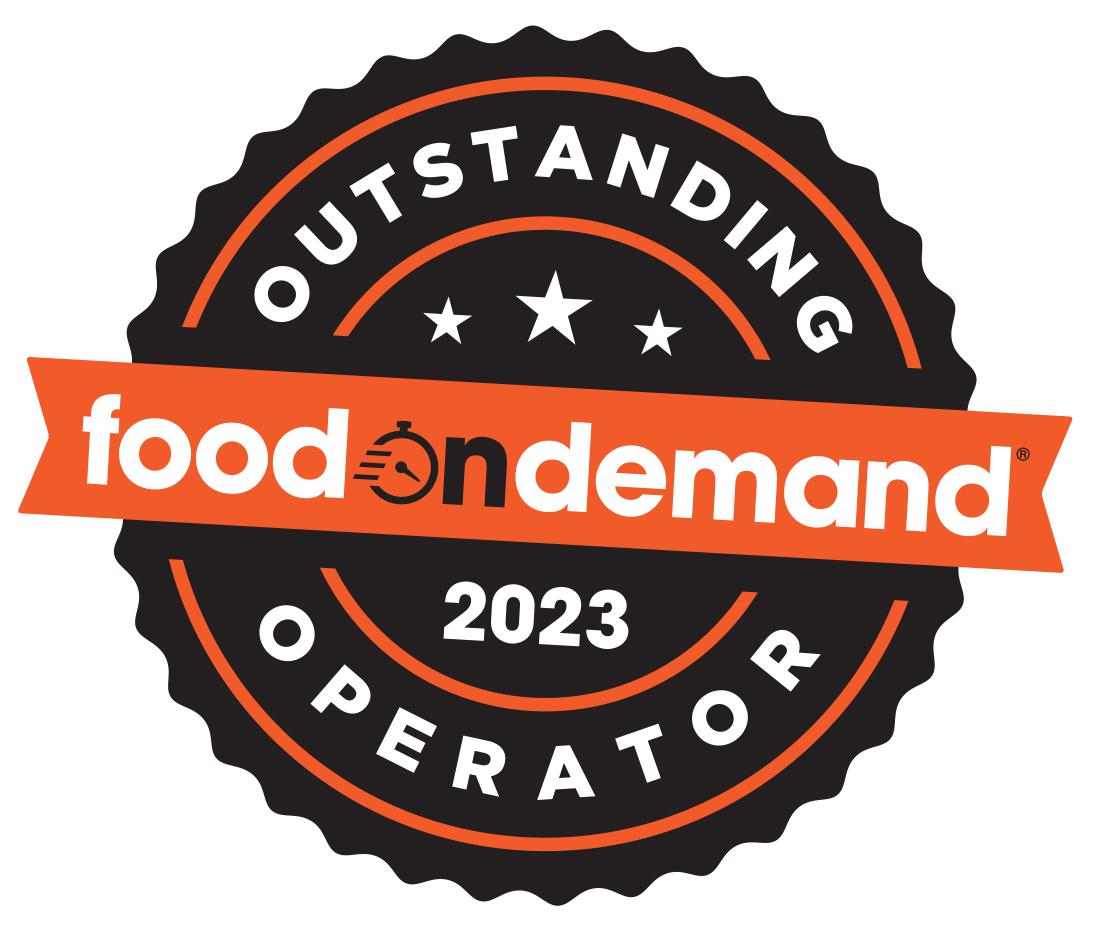With so many offices and factories now closed, it’s a dark time in the catering industry. One of the largest catering marketplaces, ezCater, has rolled out a zero-commission program through April 15, while Foodsby has reportedly laid off the majority of its staff shortly after moving to a new headquarters in downtown Minneapolis.
It’s too soon to quantify the impact on catering in specifics, but category expert, ErleDardick,said his phone is ringing off the hook as he connects with industry friends and contacts who are now starting to ponder what’s next after the worst of the COVID-19 crisis. The founder of the Monkey Group, which was purchased by Boston-based ezCater last spring, equates the current moment to black-swan moments like 9/11, the Great Recession and the savings and loan crisis of the late 1980s, where catering volume tanked, but then recovered sharply.
“The same thing is happening now, because the business-to-business channel is really where the power is in this thing,” Dardick said. “Anybody who’s got catering as a core business in their restaurants are really feeling the pain right now, but my experience has always been that when it comes back, it comes back strong.”
For the current moment, with most health experts suggesting the worst is yet to come, Dardick recommends that restaurants find lessons in the peril of relying on a single channel to bolster a restaurant’s bottom line, especially in an environment where traffic numbers have been flat—at best—in recent years.
“It’s time to retract and time to reset, to get small, and go back to the basics,” he said. “Right now, all you can do is protect yourself.”
At ezCater, Chief Marketing Officer David Meiselman struck a similar tone, noting that he reminds his staff that we’re “kind of living history right now” and that his team has an important role to play helping clients find pockets of demand. After ordering its employees to work from home more than a week ago, ezCater is seeing “much lower demand for most of the traditional use cases that we used to see.”
Because ezCater is privately held, the company doesn’t share its financials, but Meiselman said remaining bright spots can be found in the healthcare space, construction, financial services, and workplaces now focused on grab-and-go meals for employees who still need to be on the job.
Beyond the temporary lifting of commissions paid by restaurant partners, the company is offering tangible advice to its clients, like focusing on individual packaging, even for group orders.
In addition, its sales team is urging restaurants to reduce order minimums if possible, as well as increasing delivery radii and reducing the amount of lead-time needed to prepare orders. The goal is capturing any and all catering demand that’s still out there.
“We’re working with restaurants about how they can adapt to the moment,” Meiselman said. “Demand, obviously, is suffering, but we’re well capitalized, and we are in this with our partners, and we’re in this with them to be able to help them meet that demand in the moment.”
With a different model, focused largely on large, multi-tenant suburban office buildings, Foodsby has taken a unique approach in workplace catering. Founder and CEO Ben Cattoor has positioned the business as a more profitable alternative to third-party delivery services that typically charge restaurants higher commissions than catering providers. End users of Foodsby are charged a $1.99 fee with no tipping or additional charges that are common for individuals ordering through direct-to-consumer delivery providers.
In a statement to MinneInno, a local business publication, Catoor said his “hope is that our country and the world will overcome the effects of this virus, people will return to life as we knew it and we’ll soon be in a place where we can hire so many of these talented individuals back.”
To prepare for normal times whenever they return, Dardick recommends restaurants with catering operations prepare to get back into the community by knocking on doors and delivering samples, while also encouraging customers to order directly through the restaurants to reduce reliance on third-party marketplaces.
“There’s going to be a massive battleground between marketplaces and direct-to-consumer transactions,” he said. “Communication is going to be big,” noting that large chains will likely come out swinging in the catering space as soon as restrictions begin to lift. Above all, he is reminding his contacts to start planning for this next phase with increased competition in catering.
“This is not the end of the world. It’s going to be difficult but not impossible,” Dardick added. “Stay strong, make decisions and make them quickly. And protect yourself. That’s the nature of what needs to happen right now, so they can be around to rebuild and spread the love.”




